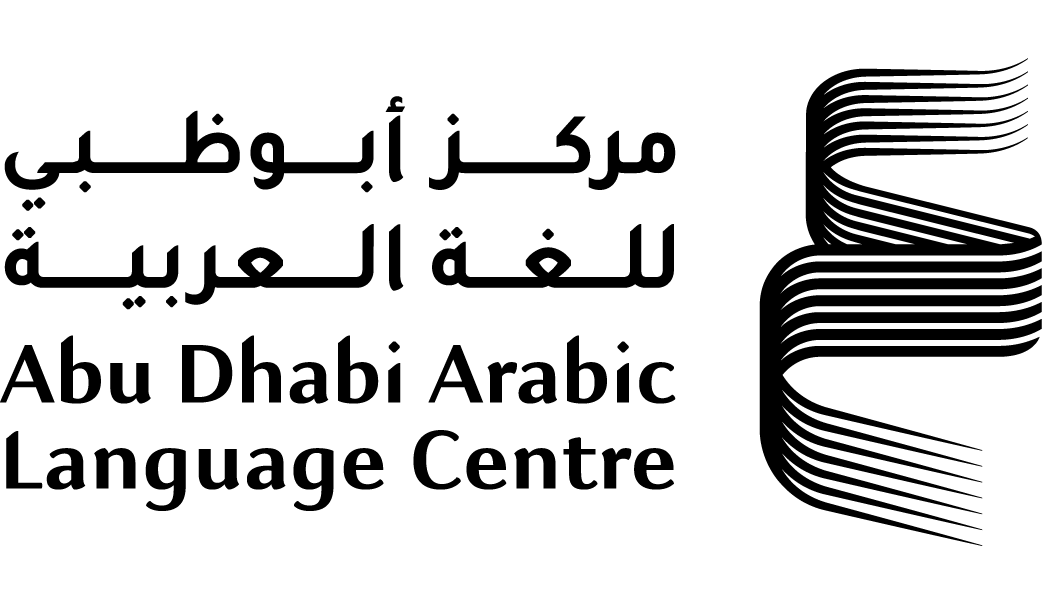The Abu Dhabi Arabic Language Centre (ALC) has announced the longlist of 31 works selected for the fifth edition of its Research Grants Programme 2025, following the closure of applications on 21 March.
A specialised scientific committee has been appointed to determine the shortlist and final awardees. The current edition witnessed unprecedented interest, with 516 applications receive from 36 Arab and non-Arab nations, compared to 270 applications from 31 nations in the previous edition. This represents a 91% increase in the number of submissions and a 16% expansion in geographical reach, underscoring the growing confidence in the ALC’s commitment to advancing scientific research in the Arabic language and enhancing its international standing.
The growing interest in the Programme underscores the ALC’s strategic vision of elevating the status of the Arabic language as a medium capable of generating knowledge and engaging with global scientific and cultural developments. It also reflects the Centre’s dedication to providing an environment that fosters academic innovation and encourages researchers to undertake high-quality, impactful scientific projects that enrich the Arabic language and reinforce Abu Dhabi’s position as a hub for Arab intellectual and creative output.
The longlist comprises 31 projects across five core fields of knowledge: Literature and Criticism (12 entries), Applied and Computational Linguistics (2 entries), Arabic Lexicon (5 entries), Manuscript Editing (9 entries), and Teaching Arabic to Non-Arabic Speakers (3 entries). These address a wide range of issues and use various scientific methodologies, highlighting the richness and diversity of contemporary research on the Arabic language.
In the field of Literature and Criticism, the longlist features a diverse selection of research projects. Notable entries include "Inspiration from Global Cultures in the Poetry of Arab Immigrants between 1900 and 1950" by Rateb Tamer Sukar (Syria); "The Arab Discovery of Japan from the Russo-Japanese War until World War II" by Reem Ahmed (Egypt); "Greek Mythological Origins in Ancient Arabic Narrative" by Dr Ali Taha Hijara (Iraq); and "Female and Vision in the Contemporary Arab Novel: A Systemic Perspective" by Said Ouabou (Morocco).
Other selected works include "Al-Jahiz as a Cultural Critic" by Mustafa Rajwan (Morocco); "Autobiography and Poetry" by Hisham Mohammed Abdullah (Iraq); "Classes of Arabic Poetry from a Cultural Perspective" by Dr Abdul Fattah Shahid (Morocco); and "The Impact of Crafts on Rhetorical Discourse" by Dr Saeed Al-Awadi (Morocco). The list also includes "Dreams, Prisons, and the Dark Room" by Lina Jammal (Lebanon); "The Influences of Arab Heritage in the Writings of Borges" by Ahmed Abdel-Latif (Egypt); "The Semiotics of Passions in the Contemporary Emirati Novel" by Aisha Saeed Al Zaabi (UAE); and "The Philosophy of Meaning in the Language of Al-Mutanabbi" by Dr Assia Ouail (Algeria).
In the field of Arabic Lexicon and Studies, the longlist includes: "Bakhit Dictionary of Collocations” Arabic-English by Ramadan Mohammed Bakhit (Egypt); "The Digital Corpus of the Emirati Intangible Heritage" by Professor Belkacem El Jattari (Morocco); "The Arabic Treasure Dictionary in the French Language from the Middle Ages to the Present Day" by Shaker Nouri (Iraq); "A Postmodern Narrative Dictionary" by Ahmed Khreis (Palestine); and "Keys to Heritage: A Dictionary of Pre-Islamic Society and Popular Culture" by Dr Mohammed Obaidullah (Jordan).
In the field of Applied and Computational Linguistics, two research papers have been longlisted: "Using Digital Games in Teaching Arabic and Acquiring Linguistic Skills through Gamification" by Mohammed Ibrahim Al Jayousi (Jordan), and "Beginnings of Computer Arabization: Aesthetics, Applications, and Arabic Knowledge" by Alaa Younis (Jordan).
The longlist for the Manuscript Editing field features a diverse selection of projects, including classical literature, biographies, and rare manuscripts. The selected works are "Mediation Between Al-Mutanabbi and His Opponents by Judge Al-Jarjani", edited by Turki Aldakhil (Saudi Arabia); "The Celestial Star in the French Conquest (Al-Najm Al-Samawi fi Al-Fath Al-Fransawi)" edited by Shahrazad Al-Arabi (Algeria); and "Taqwīm al-Lisān by Ibn Qutaybah", edited by Dr Ibrahim Belfaqih (Morocco).
Other notable entries include "The Letters of Ali Bin Ubaidah Al-Rihani", edited by Qais Al-Qudah (Jordan), and "Al-Ḥulal al-Sundusiyyah", edited by Dr Hadj Benaired (Algeria); "Al-Maʿānī al-Kabīr by Ibn Qutaybah al-Dinawari", edited by Ibrahim Al Batshan (Saudi Arabia); "The First Lectures of Orientalist Juwaidi at the Egyptian University", edited by Hamdi Al Nourj (Egypt); "The Biography of King al-Badranār ibn al-Nahrwān (Sīrat al-Malik al-Badranār ibn al-Nahrwān)" edited by Dr Intisar Munir (Egypt); and a new edition of "One Hundred and One Nights" edited by Haitham Sharqawi (Egypt).
The longlist for the Teaching Arabic to Non-Arabic Speakers field includes: "The History of the Arabic Language in China" by Hamed Elsayed Khalil (Egypt); "Renewing Arabic Language Teaching Methods for Beginner Non-Native Speakers" by Umaima Al Arabi (United States); and a collaborative study by Louay Badran and Nizar Qubailat (Jordan) titled "Teaching Arabic to Non-Native Speakers of Arabic Who Have Inherited the Language".
The selected works make a significant contribution to Arabic knowledge production, offering innovative research perspectives that align with contemporary scientific and intellectual developments. They also strengthen the presence of the Arabic language in global academic discourse, in line with the UAE’s vision of establishing itself as a regional centre for innovation and knowledge generation.
![alc-default-cursor]()

